Tageblatt: Let’s start from the very beginning – looking back now, what do you still remember from the Luxembourg Song Contest?
Tali Golergant: Well, I remember this girl who had no idea she was going to win. Truly. This girl, who was juggling four survival jobs, just living her life and struggling to pay rent. And then – this unbelievable shock when they announced that I had won. The reactions … crazy.
You’ve described yourself as a hard worker. Has that played a big role in getting you to where you are today?
Immensely. I had a teacher who once told me, „95 percent work, 5 percent talent“. You can be the most talented person in the world, but at the end of the day, it’s the people who work the hardest that make it. That really stuck with me as a child, and I think I’ve carried it with me ever since. It doesn’t matter if you have a pretty voice – you have to put in the work. No matter how many rejections you face, you have to keep climbing that mountain.
After the Luxembourg Song Contest, the journey toward Eurovision in Malmö began. What was the most stressful part of preparing for the ESC?
Honestly, all the politics that came with my name and my story. As much as I tried to ignore it and pretend I didn’t notice, it was hard for me to deal with – especially in terms of safety. Having people threaten to kill me … that’s stressful. That’s a hard thing to handle, no matter what.
And that intensified during the contest itself. How much did that hurt you?
At first, a lot. It was really tough at the time, but I was expecting some level of hate. I’m sure Laura is getting so much love, but also a lot of negative comments, criticism, and hateful messages. There are always going to be haters. New York already gave me tough skin, but I won’t lie – it was hard.
Do you think it was reasonable for politics to play such a big role in last year’s Eurovision?
Definitely. There’s always politics involved in the contest. With everything going on in the world, I was expecting it.
Malmö must have been a big change from what you were used to. I covered the event for Tageblatt, and even as a member of the press, it was an impressive experience. How did you feel living in the Eurovision bubble?
Most of it was a really positive experience for me because I was trying to savor every second. But Eurovision is a crazy world – it’s so intense, and people can be extreme in every way. Still, it was amazing, and I loved every part of it.
The press center was wild. You’d be eating lunch, and suddenly, someone’s next to you, firing off questions, and you’re just like, „Whoa there – good morning“ … (laughs). I don’t want to generalize because a lot of people were incredibly kind to me. But sometimes, press people can get carried away, chasing the best headline, and that got tricky at times.
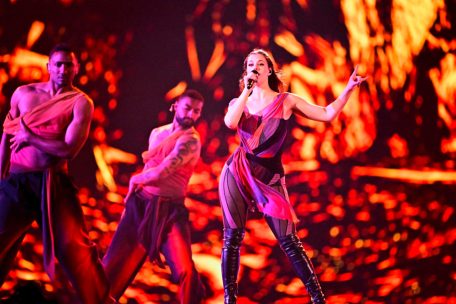
After the contest, you mostly built on the momentum of Eurovision. How did you experience last summer?
I absolutely loved that summer – more than anything. I think it was the first time I truly realized how much my life was changing. And that I could actually support myself doing this. Like, oh, I don’t need to go back to my survival jobs. I was just riding the wave – concerts, shows, music, writing … It was probably the most fulfilling summer of my entire life.
Do you think there will come a time when your connection to Eurovision might feel more like a burden than a blessing?
No. Never. Oh my god, no! Eurovision is the reason I’m here today, talking to you and getting the chance to share my music. It changed my life. As much as I mentioned the challenges – the politics, the intensity – despite all of that, I have zero regrets. Hands down, I would do it all over again.
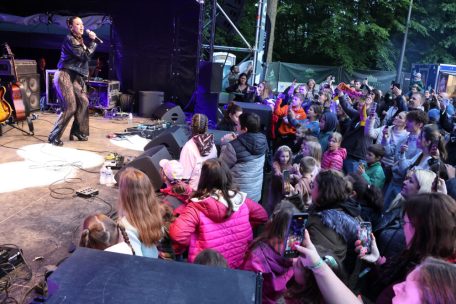
Since then, you’ve been working on your own album. What does your creative process look like?
For me, there’s nothing like writing about your experiences and having people connect with them. That’s the coolest part of being an artist – building that connection. Even more than standing on a huge stage … Writing a personal story that resonates with others – that’s what art is. And how amazing is it that I get to do that on this scale now?
The creative process was really exciting! The EP is … One of the themes is traveling – the challenges that come with it, and how it shapes you as you grow. It’s a reflection of who I am and how those experiences have influenced me. And funnily enough, while writing the EP, we actually traveled a lot! We recorded songs in Paris, Israel, London, New York, and Luxembourg.
I also love collaborating with other artists, so that played a huge role in the process. Nearly every song is co-written with someone. And – there’s a duet, too … with an artist I absolutely love.
So, how much „you“ is in that album?
Everything. This is probably the most „me album“ ever made. As cheesy as it sounds, every word is exactly how I feel. Every song captures exactly what I was experiencing at that moment.
There’s actually one track about my post-Eurovision experience – what it felt like and the chaos that came with it ending. The EP is like taking a journey with me, from childhood all the way to where I am now, ending with my post-Eurovision emotions. It’s very much like my personal journal, and I’m so excited to see how people connect with it.
I’m already getting a taste of that. „Dear Parents“ has been out for a while now, and while it’s not riding the same wave of hype as „Fighter“ did at the height of Eurovision, I still have fans reaching out to share their stories. It gives me goosebumps.
People tell me how they lost their dad and never got to hear him say he was proud of them, and that this song speaks to them. Others say their parents are super harsh on them, or that they haven’t come out as gay yet … Just really tough personal stories that make me realize how impactful music can be.
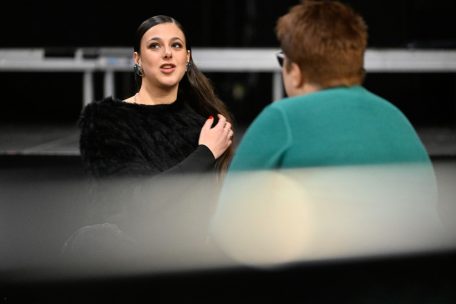
Speaking of „Dear Parents“, the feeling I get from the lyrics is a mix of pride and love for your parents, but also a sense of pressure. How much of that reflects your own experience with your parents?
It totally does. But of course, I don’t feel that way all the time. Like I said, my songs come from a specific moment – when I’m feeling a certain way, that’s when I write it.
My parents and I are extremely close, but it’s so common to feel the pressure to meet their expectations. No matter how much we tell ourselves that their opinions don’t matter … the truth is, they do. Both of my parents wanted to be artists. And now, their oldest daughter is doing it. So, on one hand, I have these amazing cheerleaders – but on the other, there are also expectations. It’s this strange mix of pressure and pride all at once. It’s a weird thing to navigate as an artist.
And maybe some of that pressure also comes from „Fighter“ being so successful on such a big stage. Suddenly, after that high, you come back down, and it’s a reality check. Like, wow, now I have to work ten times harder because this isn’t going to be an overnight success. Participating in Eurovision didn’t just make me a star – it helped me, sure, but now I have to prove who I am with my own music. I have to sell tickets, see how it goes, and build something sustainable. It’s a whole different beast, being a long-term, full-time artist – especially here in Luxembourg. So, we’ll see how it goes.
Because at the end of the day, the question is: How do I make this work so I can stay relevant? And honestly, that’s something every artist goes through. Every single artist is constantly trying to stay relevant, stay heard, reinvent themselves, sell tickets, sell music, sell their image. It’s not just about the art – it’s your job.
„Fighter“ was very different from the music you made before. When I listened to some of the videos you posted earlier, the contrast was really striking.
Yeah, it’s a huge difference!
So where does your new album land in terms of style?
I’d say there are one or two songs that have a similar energy to „Fighter“. We actually had the same writer from „Fighter“ work on another track, so that one has a bit of that spicy, edgy vibe. But overall, the album leans more towards indie – I’d say it’s very Billie Eilish-inspired.
I see you also lost the braids. How’s the scalp feeling?
So much better! I mean, I loved them, but I’m definitely happy to be free.
And now, in just a few days, you’ve got this big live show coming up. How much has your physical presence on stage improved?
Immensely! My stress levels are so much better – I can control everything now. My breath control, my stress, my physicality, my vocal control, my confidence, my eye contact … literally everything. If I compare my performance of „Dear Parents“ last week at the Luxembourg Song Contest to „Fighter“ a year ago, it’s a complete 180-degree difference.
How much have you changed musically?
Not a lot, I think. As a writer, I’ve definitely improved – just because I’ve been around so much more music. I think I had around 28 writing sessions, and from those, maybe six songs actually came out of it. But I also wrote a lot of songs that I’m never going to do anything with.
Is there anything about your musicality that you’d want to change?
I’d say I’d love to stop overthinking – especially about what’s going to work in the world. For example, the duet on the EP was originally just meant for the other artist, and I was there purely as a writer. But suddenly, I got super confident, like, we’re doing it this way, and this is how it should go. Because it wasn’t for me, I felt totally free.
But when it comes to my own music, I tend to overthink everything: Will this work for my marketing? Does it fit my branding? Are people going to compare it to „Fighter“? I’d love to get out of my own head. As a writer, I’m much more open to different styles and genres, but as a singer, I get stuck in this mindset of „It has to be this way, and I have to sing it this way“. And honestly, that’s just limiting myself.
Where would you place yourself on the scale between „I’m a writer“ and „I’m a singer“?
Right in the middle.
If you could relive or change any moment from the past year, what would it be?
I loved singing with the Philharmonic Orchestra – I’d relive that in a heartbeat. But change something? I don’t really know. I’m very much a „keep moving forward, don’t look back“ kind of person. No regrets.
Have you ever felt in danger of getting a big head?
Thankfully, not really. And that’s very reassuring because success, ego, and all those things can creep in and change you.
As Tali, I have a huge fear of changing with fame – and honestly, a huge fear of fame itself. And we’re talking on a very small scale here, you know, we’re in Luxembourg. But then I look at someone like Taylor Swift and think, I don’t know how you’re okay.
I actually have a deal with my friends – if my head ever gets too big, they have full permission to slap me. Hard. Like, right in my face. And they pinky promised. I really hope I never earn that slap, but if I do, then I probably deserve it.
Your family and friends help keep you grounded?
Oh my god, yeah. Hands down, I would not be okay without them.
So, does the Tali looking in the mirror today still recognize the Tali she was?
Yes.
Any sneak peeks into your show?
We’re about 98% done with the live arrangements – it’s all super exciting! The set is being built as we speak, and I have full creative control over everything. I’m the one steering the ship, which is really cool for me because, with Eurovision, I didn’t have as much control. That’s just how ESC is. And for me – being a bit of a control freak – that was difficult. (laughs)
Last question: have you given any advice to Laura Thorn?
Well, I’m grabbing coffee with her tomorrow. But my advice is going to be: stay grounded, stay balanced, and, honestly, stay close to the people you love and genuinely trust. Because when things get crazy, a lot of people will try to get close to you, and there’s a lot of fakeness in the music industry. I think it’s so important to hold on to the people who truly have your back.
Tali live at the Atelier
On February 28, Tali will perform at the Atelier. The concert starts at 7.00 PM, and tickets are still available.
You can read the german translation of this interview here.

 De Maart
De Maart

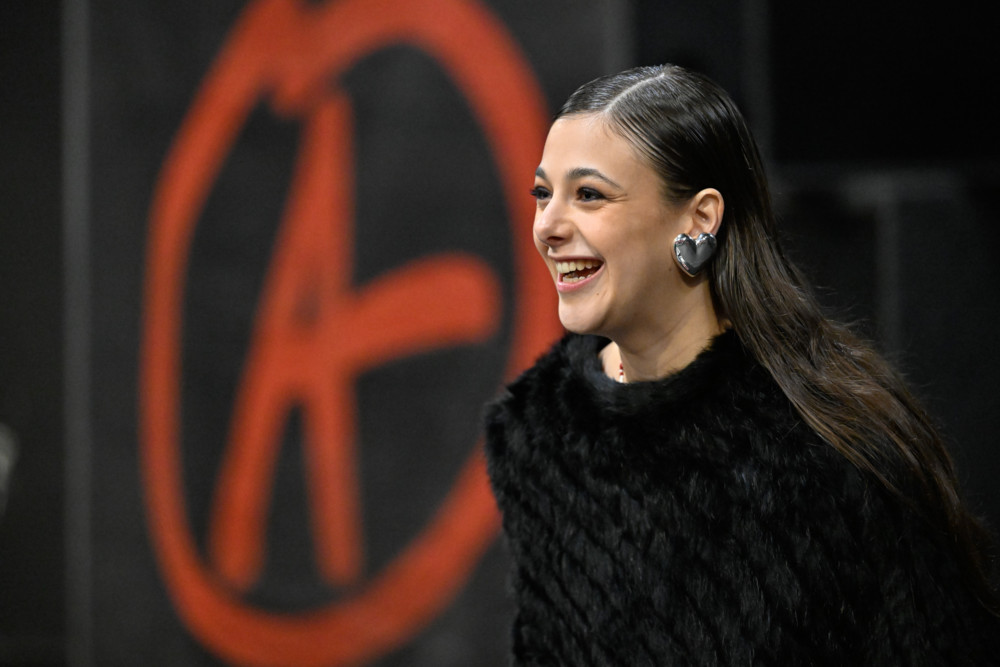
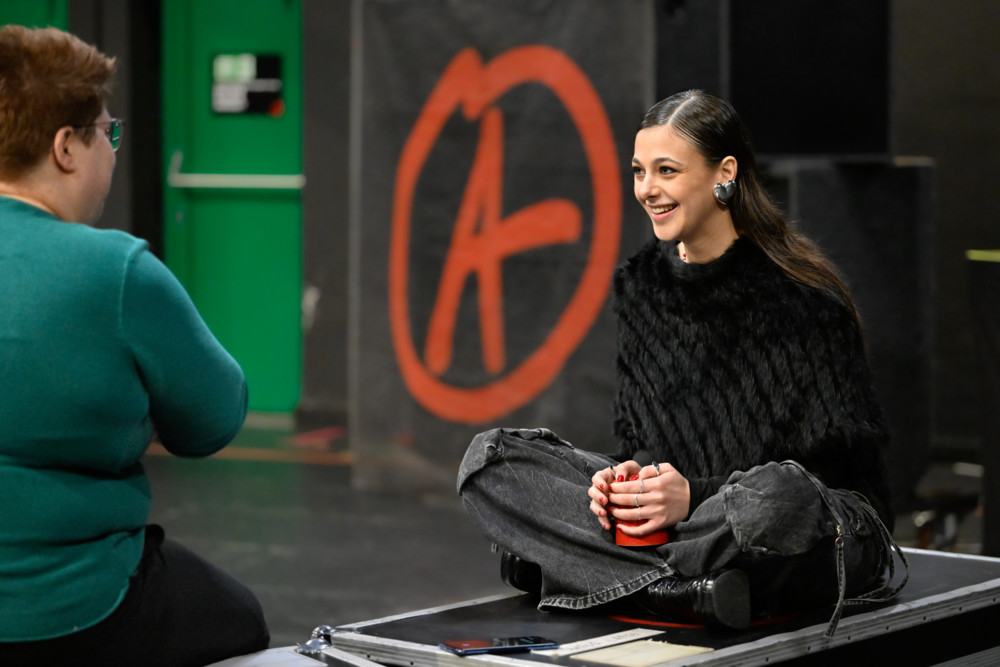


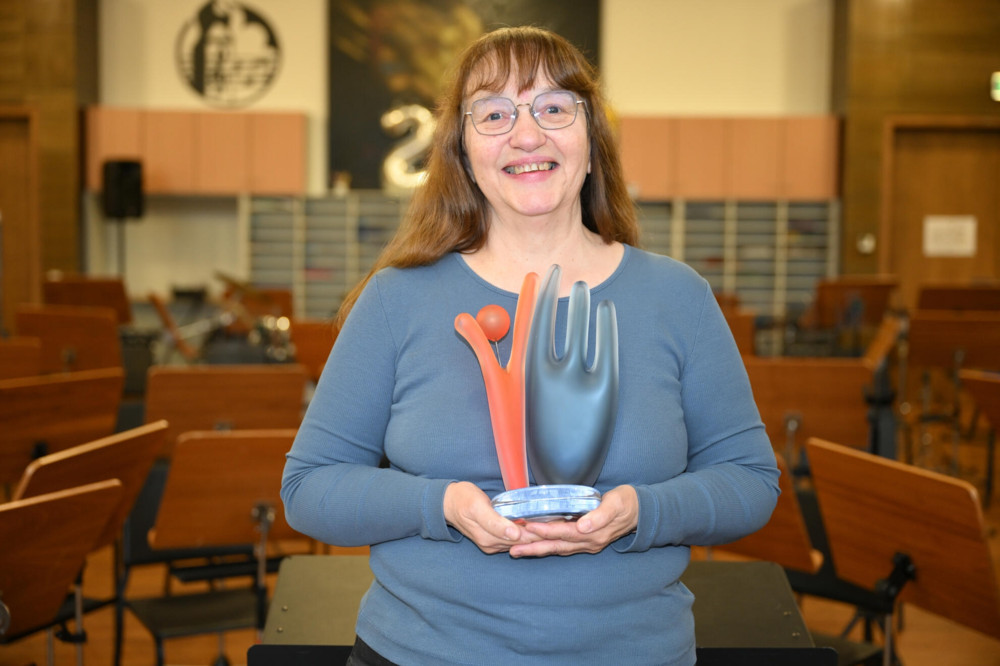
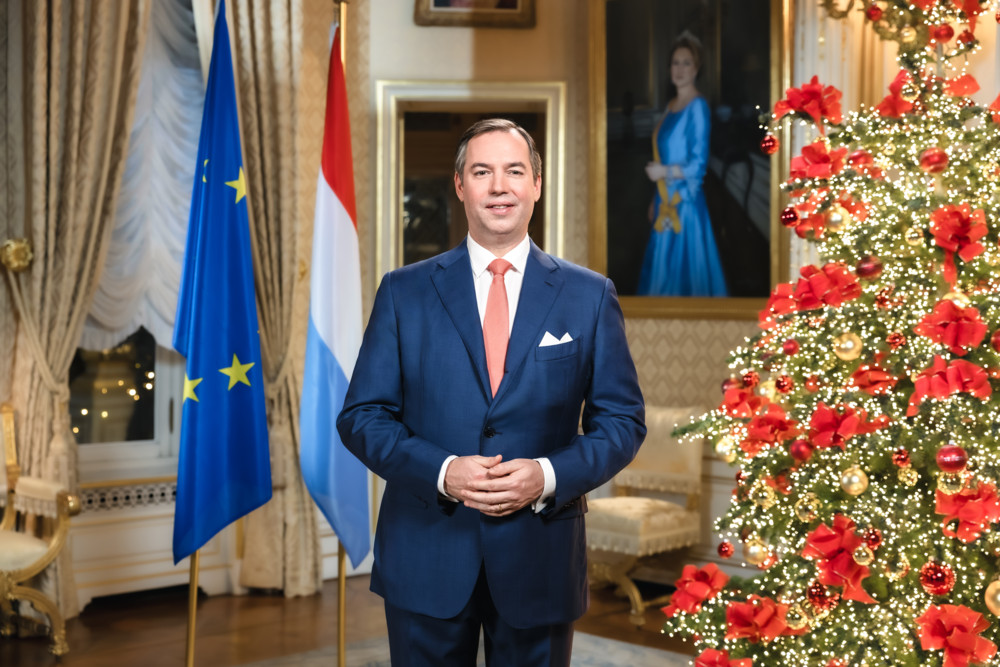
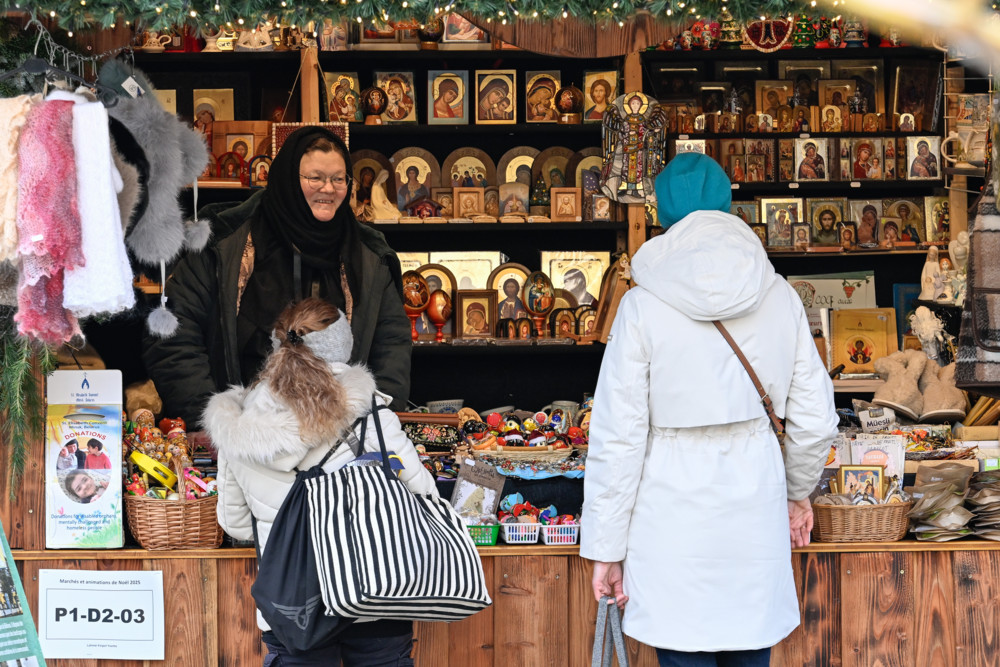
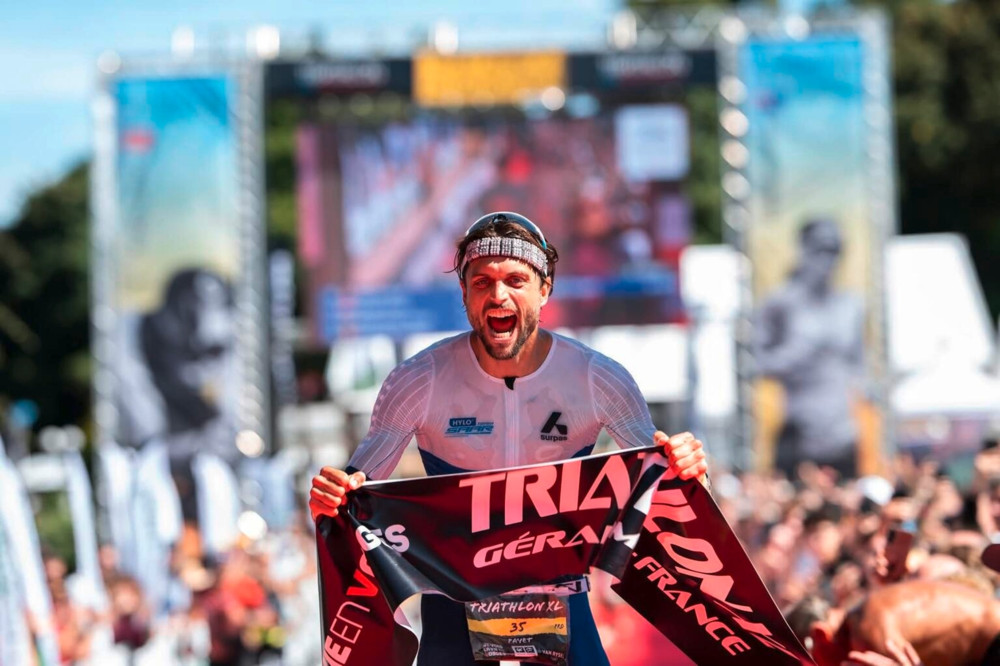
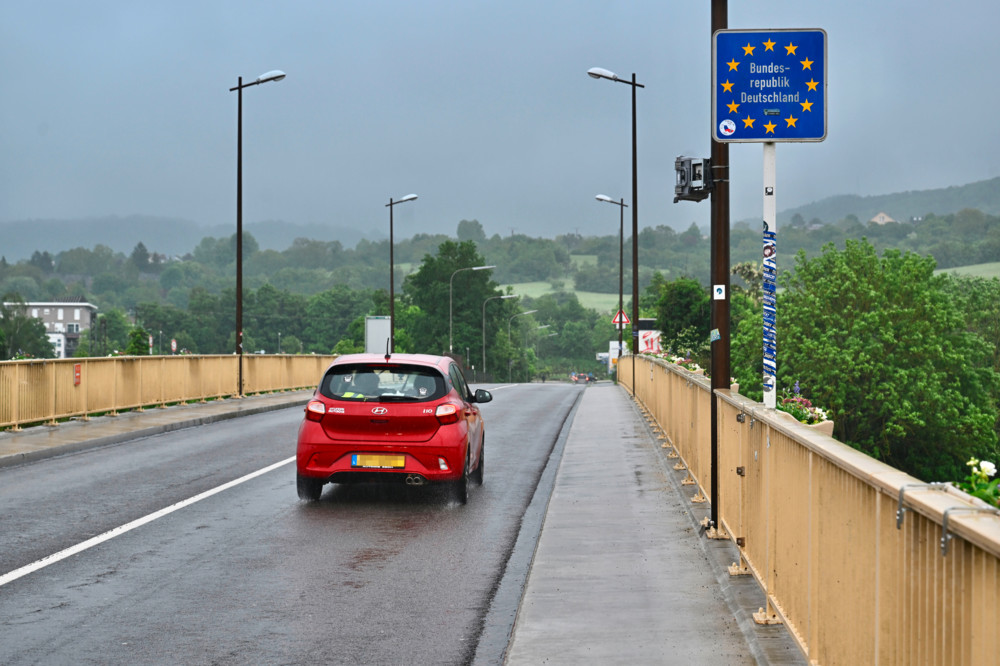
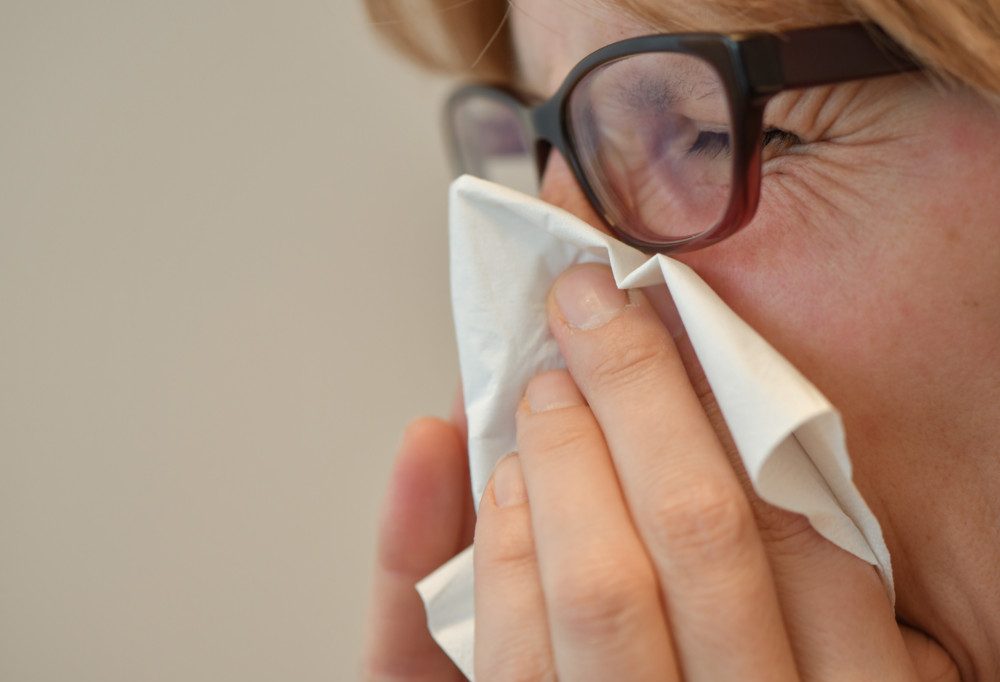
Sie müssen angemeldet sein um kommentieren zu können